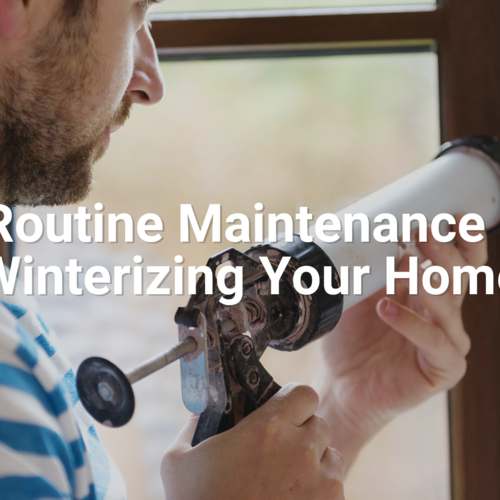I was recently talking to my friend, Mark Pardini who owns Pardini Appliance. He was mentioning that back in 2008 when the housing market tumbled his business slowed, and when the housing market rebounded, his business picked up. It got me thinking about just how many people in this valley depend on a healthy housing market.
When people decide to sell their house, an extensive exchange of goods and services begins. Sellers usually start the home-selling process by fixing up their property, which can include calls to local tradespeople–painters, plumbers, and handymen to spruce things up. Sellers also tend visit to places like Mendo Mill or Friedman’s to pick up tools for do-it-yourself projects and flowers to improve curb appeal.
Once the house goes on the market, all the folks in the real estate industry get busy: Realtors, lenders, inspectors, pest and fungus experts, contractors, escrow officers, title officers, county employees, as well as others.
When the house sells, the new owners make it their own by purchasing furniture and furnishings, appliances, and consumer electronics. In a recent news article, the CEO of Best Buy, Corie Barry, said that the hot housing market was one of the key reasons for the firm’s strong sales in the first quarter of this year. It makes sense, of course. If you upgrade one bit of technology, you almost always have to upgrade everything connected to it. Computers, smart appliances, wifi-based surround-sound home entertainment, and internet-based security systems all require connected devices that can communicate with each other.
When people feel settled in a new home, the buying doesn’t stop. This is when people often buy pets and all the goods and services that go with new pet ownership—veterinary care, grooming, food, toys, bedding, and more. Each purchase of a good or service helps businesses thrive. A healthy housing market means a healthy local economy with lots of goods and services changing hands, and this is only one way a strong housing market supports the local economy.
When we have enough homes available for all who want them, local businesses are better able to recruit qualified professionals to meet community needs—doctors, teachers, law enforcement officers, experienced executives, and more. In recent years, the hospital has listed recruitment among its strategic goals. And yet, when the Paradise fire put dozens of qualified medical professionals out of work, Adventist Health couldn’t hire them here because we had nowhere for them to live. Around that same time, Mendocino County tried to hire a cannabis czar from out of the area, but that person didn’t accept the job because they couldn’t find a place to live either. When people cannot find adequate housing, our community suffers.
We continue to have a severe housing shortage in the Ukiah Valley. If we made it easier and more profitable for developers to build houses here, we would not only be able to recruit a competent workforce to our community, but our schools would benefit from school development fees and our fire departments would benefit from fire impact fees.
The pandemic has changed how many businesses view remote work, allowing people to move out of population-dense cities into beautiful places like our valley. It would be great to have enough housing to accommodate new community members who will bring their purchasing power to local businesses and their friendly faces to our neighborhoods.
If you have questions about property management or real estate, please contact me at [email protected] or call (707) 462-4000. If you have an idea for a future column, share it with me and if I use it, I’ll send you a $25 gift certificate to Schat’s Bakery.
Dick Selzer is a real estate broker who has been in the business for more than 45 years.


